Classics offers the unique opportunity to gain new perspective on our language, literature, culture, and political structure by examining their roots in ancient Greece and Rome.
These classical civilizations provided the cultural foundations of the western world, as well as the basis of many other elements of our modern life.
Guided by a supportive faculty, students explore all aspects of ancient Greek and Roman civilization and are introduced to Latin and Greek, which provides the ability to study ancient texts in their original language.
The study of classics helps students develop a broad perspective. It also cultivates the capacity to write clearly, an ability to balance different viewpoints, and a talent for critical analysis.
Our Crake Doctoral Fellow in Classics for 2025-26 is Jaymie Orchard from the University of Otago (Aotearoa/New Zealand).
The public is invited to attend their lecture on Monday, March 2nd, 2026, at 4:30pm in the Owens Art Gallery.
Plundering Romans Plundering Rome
After a Roman general claimed a victory, a new type of fight began—the battle over reputation and how his military successes would be remembered by present and future generations of Romans. From the late third century BCE onward, the display of spoils of war including art, weapons, cultural artifacts, statuary, novelties, and precious metals played an increasingly important part of the Roman celebration and commemoration of victory. In this talk I explore how victorious generals curated displays of plunder in order to manipulate the social memory of conquest.
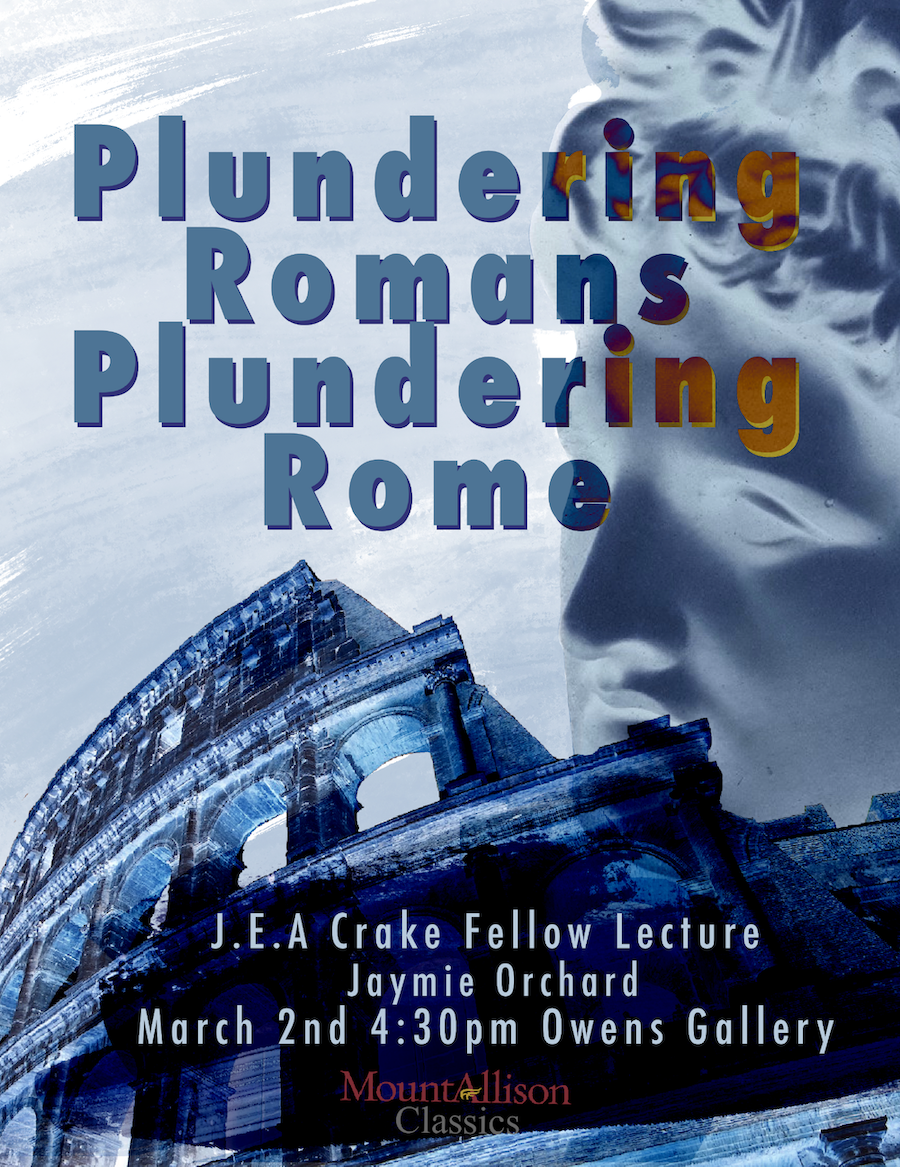
Now accepting applications! The form can be downloaded here:
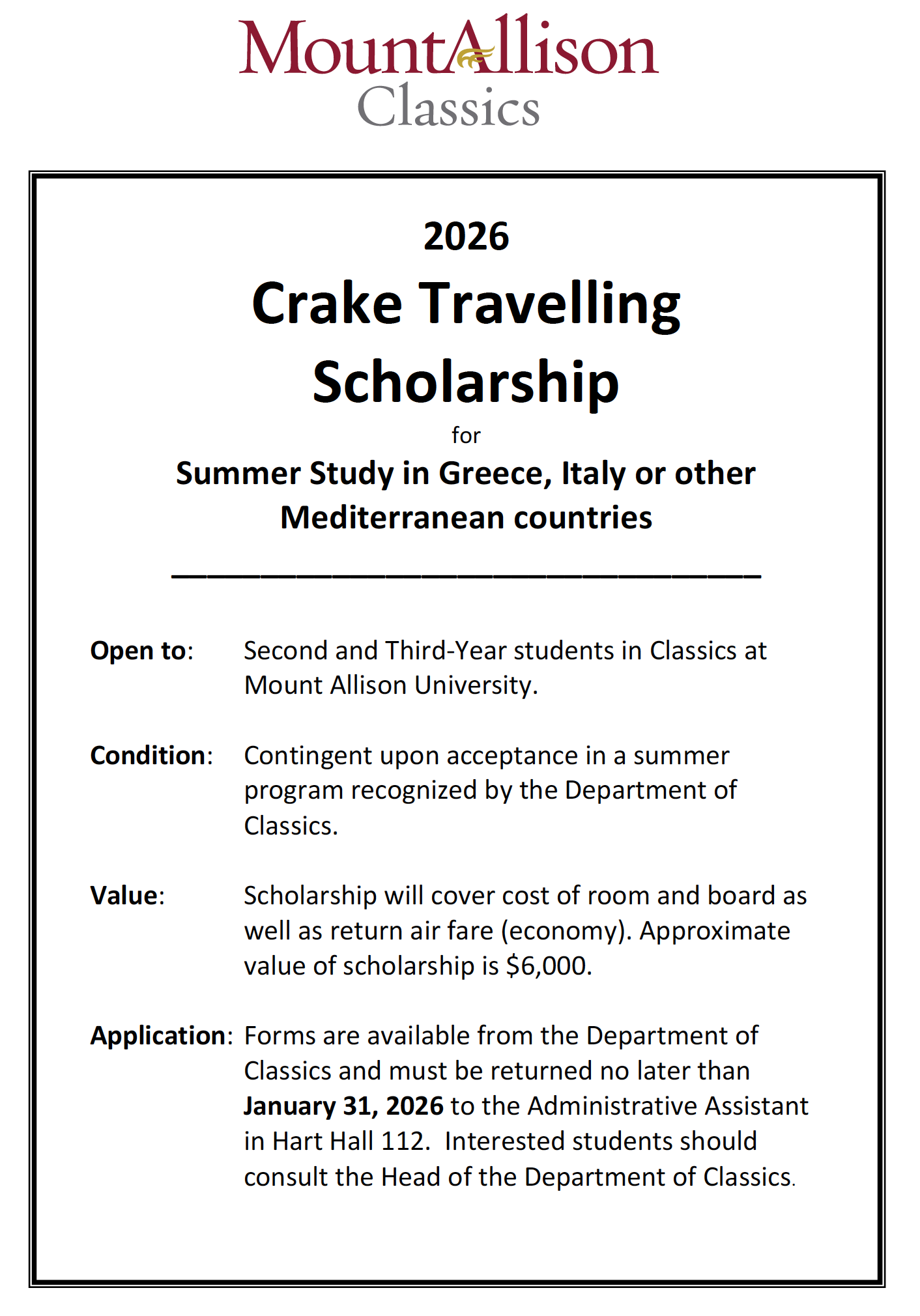
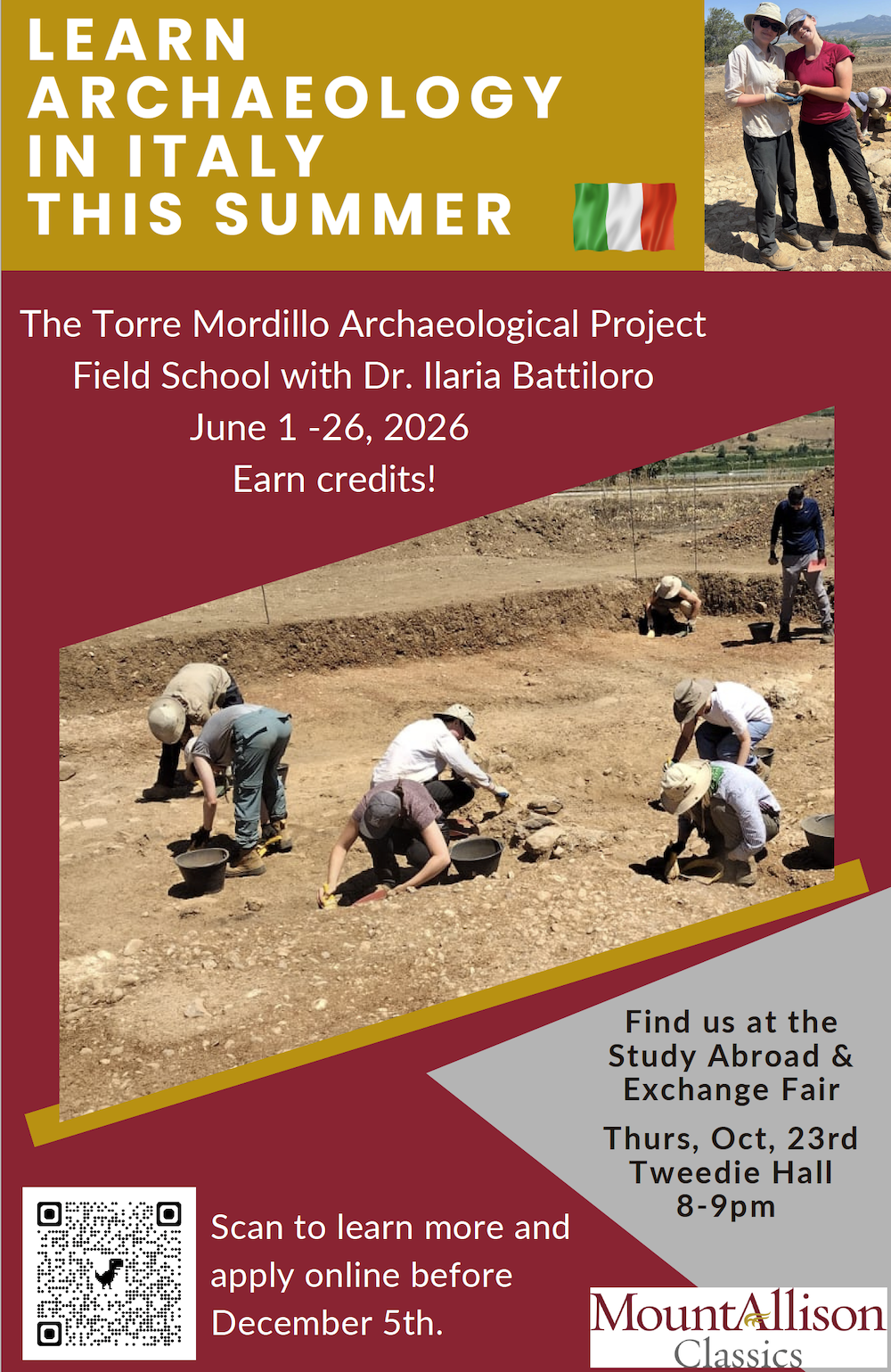
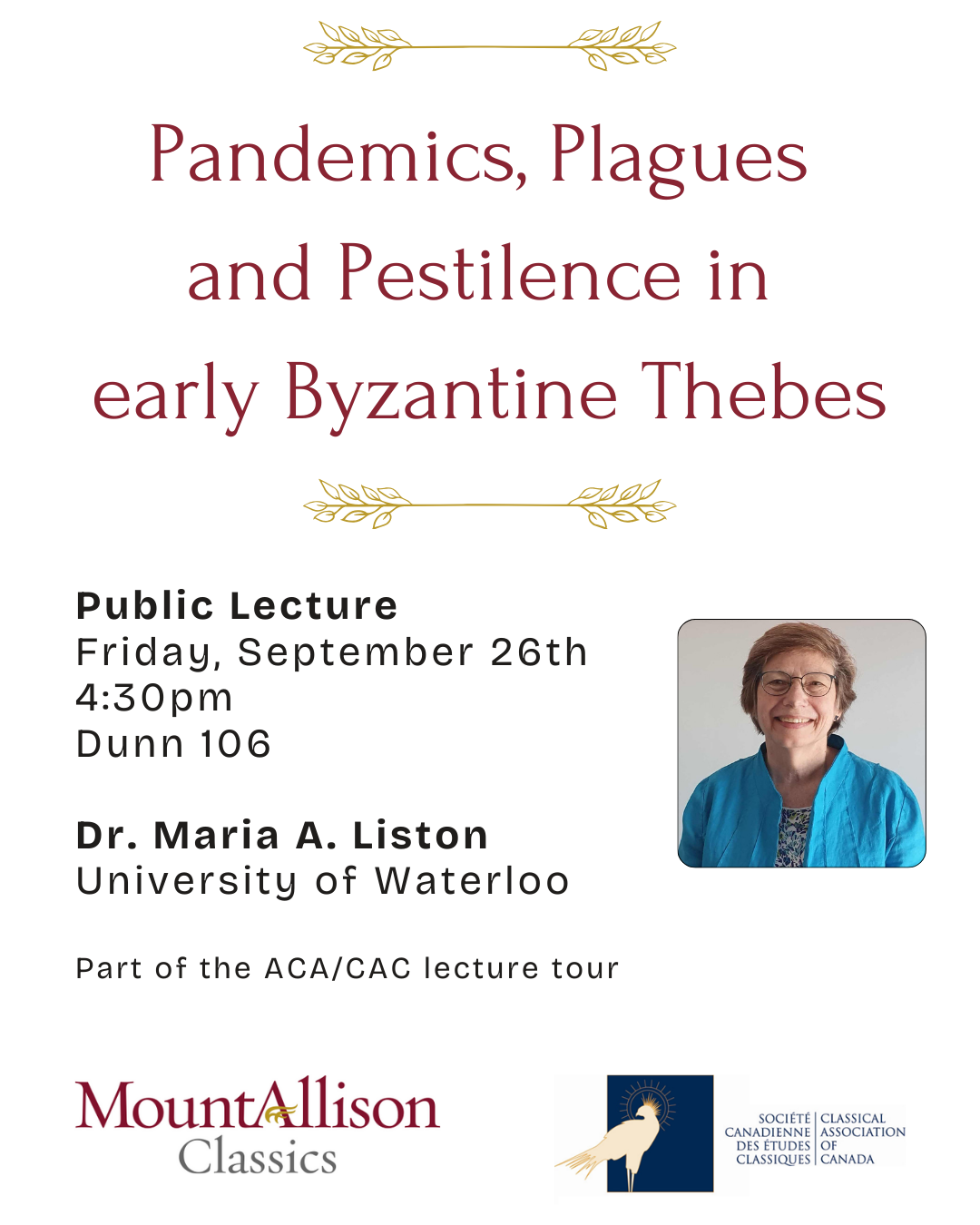
Pandemics, Plagues and Pestilence in early Byzantine Thebes
Public Lecture
Dr. Maria A. Liston, University of Waterloo
Friday, September 26th
4:30pm
Dunn 106
Part of the ACA/CAC lecture tour
Abstract
Excavations in the Sanctuary of Ismenion Apollo in Thebes also revealed a later cemetery of Early and Middle Byzantine burials, which are apparently associated with an early Christian hospice or hospital. The skeletons showed that a remarkably high percentage of individuals suffered from significant pathologies with high rates of infectious diseases. Two mass graves are probably associated with the early spread of the Plague of Justinian or a smallpox epidemic. Another epidemic, leprosy, affected nearly everyone in the cemetery, including those who suffered comorbidities such as cancer, brucellosis, and severe trauma. Hospitals serving the whole community were an early innovation of the Byzantine church in Greece, and this project provides a vivid glimpse of the patients whose lives ended there. Thebes also may have been a site of pilgrimage in the early church, drawn by the tomb of St. Luke the Evangelist, located near this cemetery.

Abstracts
“Women in the city of Ostia, Rome’s port: what epigraphy and iconography can tell us”
Monday, November 17th, 4:30pm, Windsor Grand Room
Ostia was Rome’s booming port town during the period of imperial peace (1st – 2nd century CE). Hundreds of ships brought in the goods needed for the empire’s capital and immigrants flocked to the site. In this environment of weather-beaten sailors, labouring dock workers, and shrewd merchants, was there any space for women at all, except in the traditional ‘service sector’ typical of ancient harbours? With the help of ancient inscriptions, thousands of which survive from Ostia, one can tell a different story: women owned real estate, they determined the use of space for tombs and burials, and even a owners of slaves they played a more marked role than their peers in the nearby capital of Rome. And we have images which let us see them, both when being at work in their shops and when posing for an artist carving their likeness in marble. The famous Italian film director Federico Fellini shot part of his classic La città delle donne (“City of women”) in the northern outskirts of Ostia – was the ancient town, albeit for a short period only, a pioneer offering particular opportunities to women?
“The ‘Antonine plague’: is it to blame for Rome’s decline?”
Tuesday, November 18th, 4:30pm, Windsor Grand Room
In 166 CE, a deadly disease which Roman soldiers had contracted while campaigning against the Parthian empire in the east reached Rome and eventually spread also in the western provinces. There is no consensus among scholars about what kind of disease the Romans were facing, because no organic remains that could help identify the pathogen have been found. But in their interpretation many scholars are inspired by later pandemics. In particular the Black Death which struck Europe in the late 1340s has been used as an analogy. Assuming a mortality comparable to the enormous loss of life during the Middle Ages, some scholars present a scenario in which the Roman empire never recovered and the downward trajectory eventually led to its fall. But how can we be sure that the effects of the Antonine plague were this serious? And can the debate about Rome’s Fall be resolved by simply blaming the plague? This lecture will present a critical review of the evidence fora catastrophic effect of the Antonine plague.
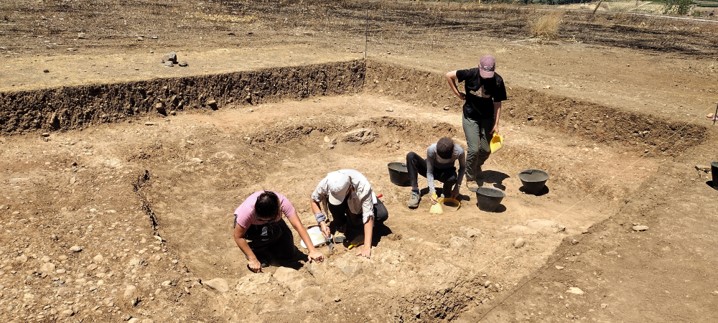
On Wednesday, March 26th, 2025 at noon at Tantramar Town Hall, Dr. Ilaria Battiloro presented a lecture called "The Torre Mordillo Archaeological Project: New Insights into Southern Italy During Greek Colonization" to the Tantramar Seniors College (Ivory Tower Series).
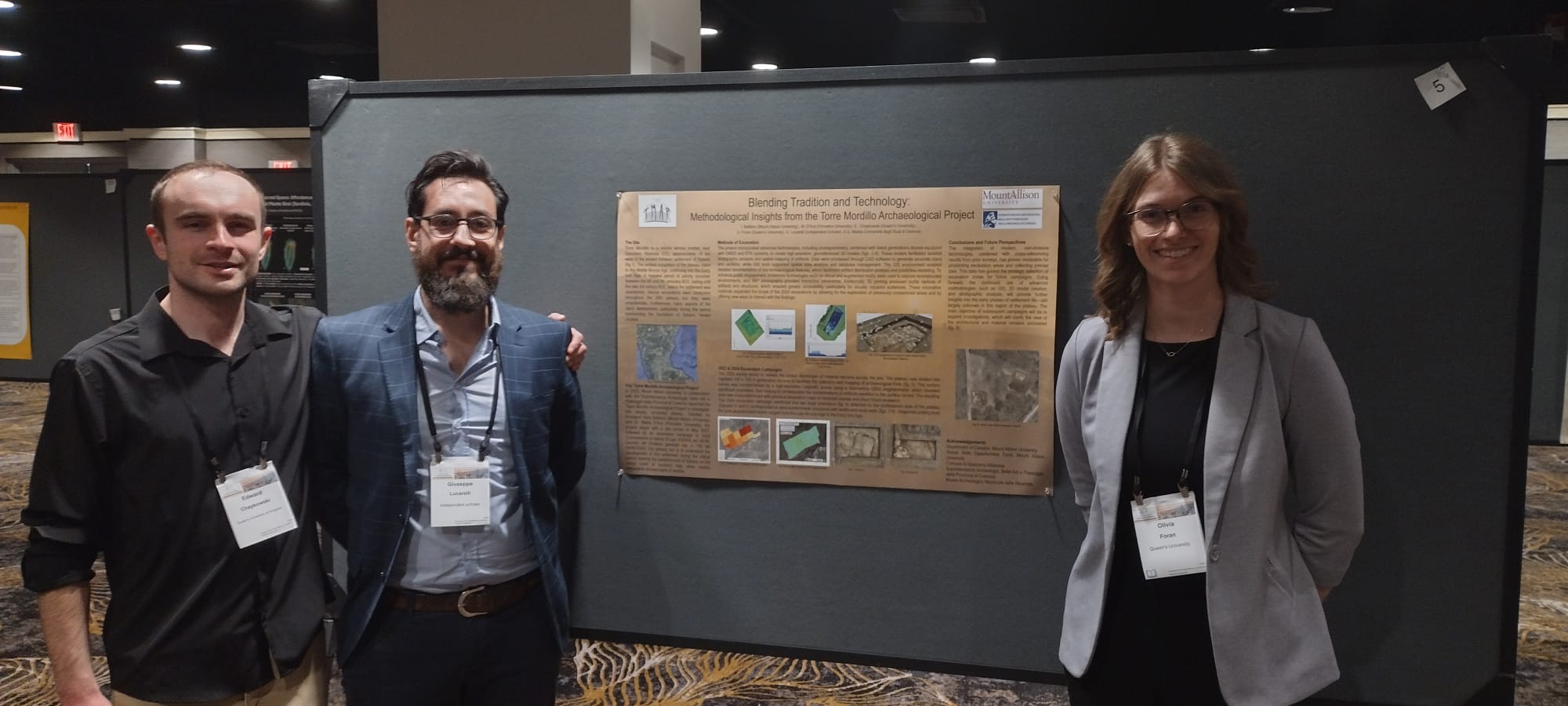
Dr. Ilaria Battiloro and her team from the Torre Mordillo Archaeological Project presented a poster at the 2025 AIA Annual Meeting in Philadelphia.
Two alumni from Mount Allison, Olivia Foran and Edward Chaykowski, who are currently graduate students at Queen's University, are also part of the team and co-authored the poster.
From left to right: Edward Chaykowski, Giuseppe Lucarelli, Olivia Foran.
Dr. Battiloro presents at international workshop
Ilaria Battiloro recently participated in an international workshop held in Sibari (Italy), where she and Mattia D'Acri from Princeton University presented the exceptional results of the first field season of the Torre Mordillo Archaeological Project. Her presentation highlighted key discoveries from the excavation, offering valuable insights into the site's significance and the broader historical context of the region. This contribution underscores the department's commitment to advancing archaeological research and fostering academic collaboration on an international scale.
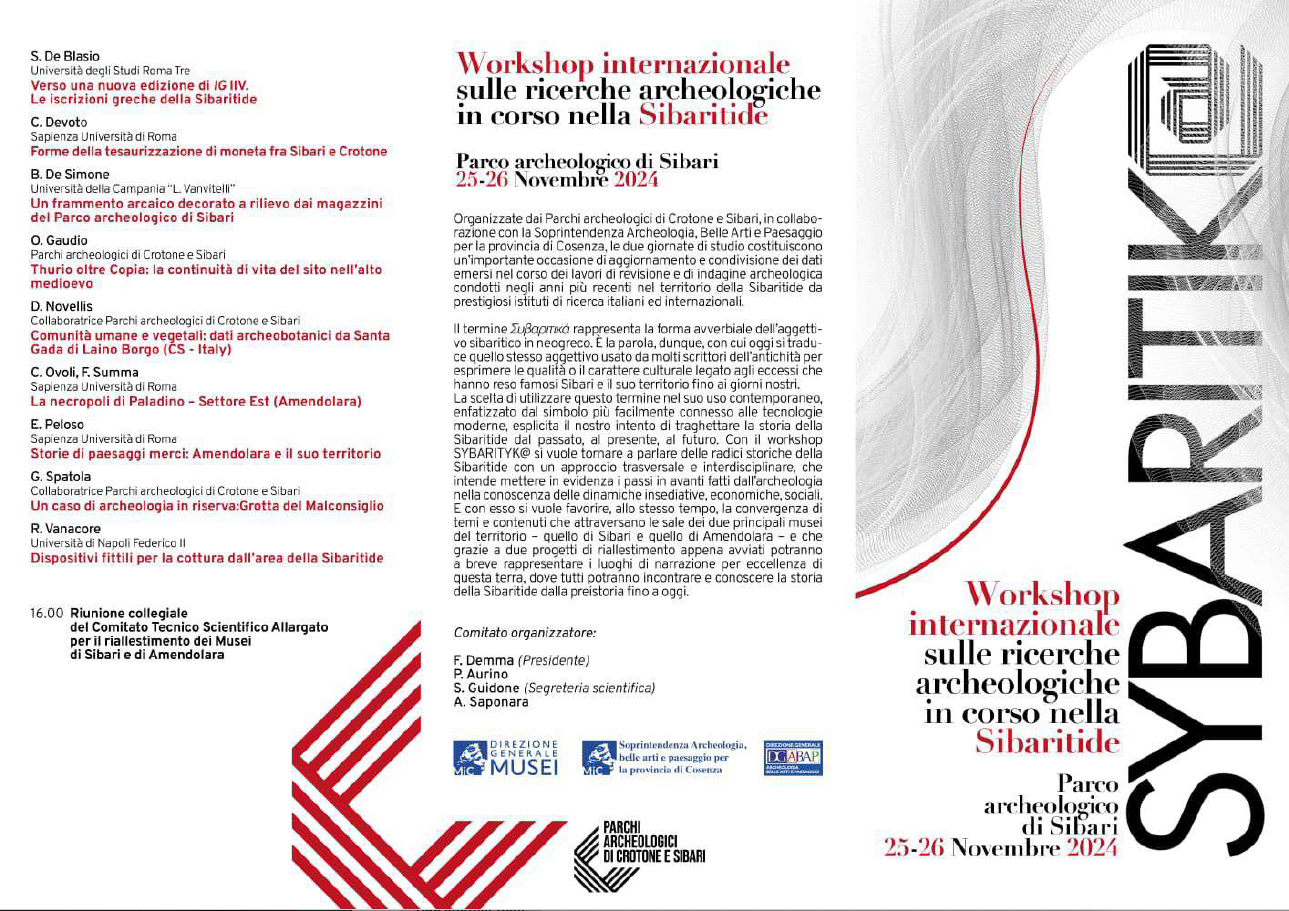
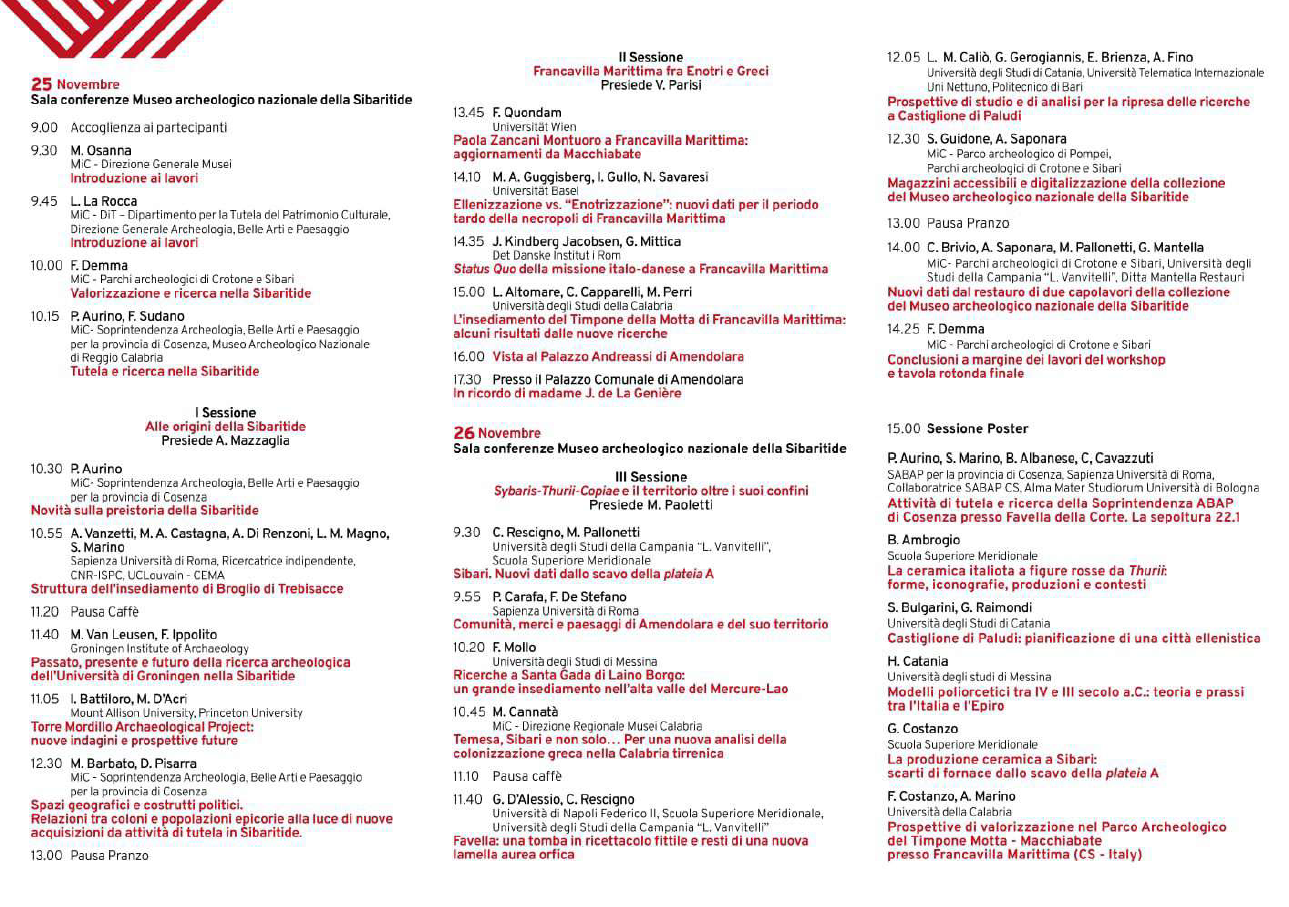
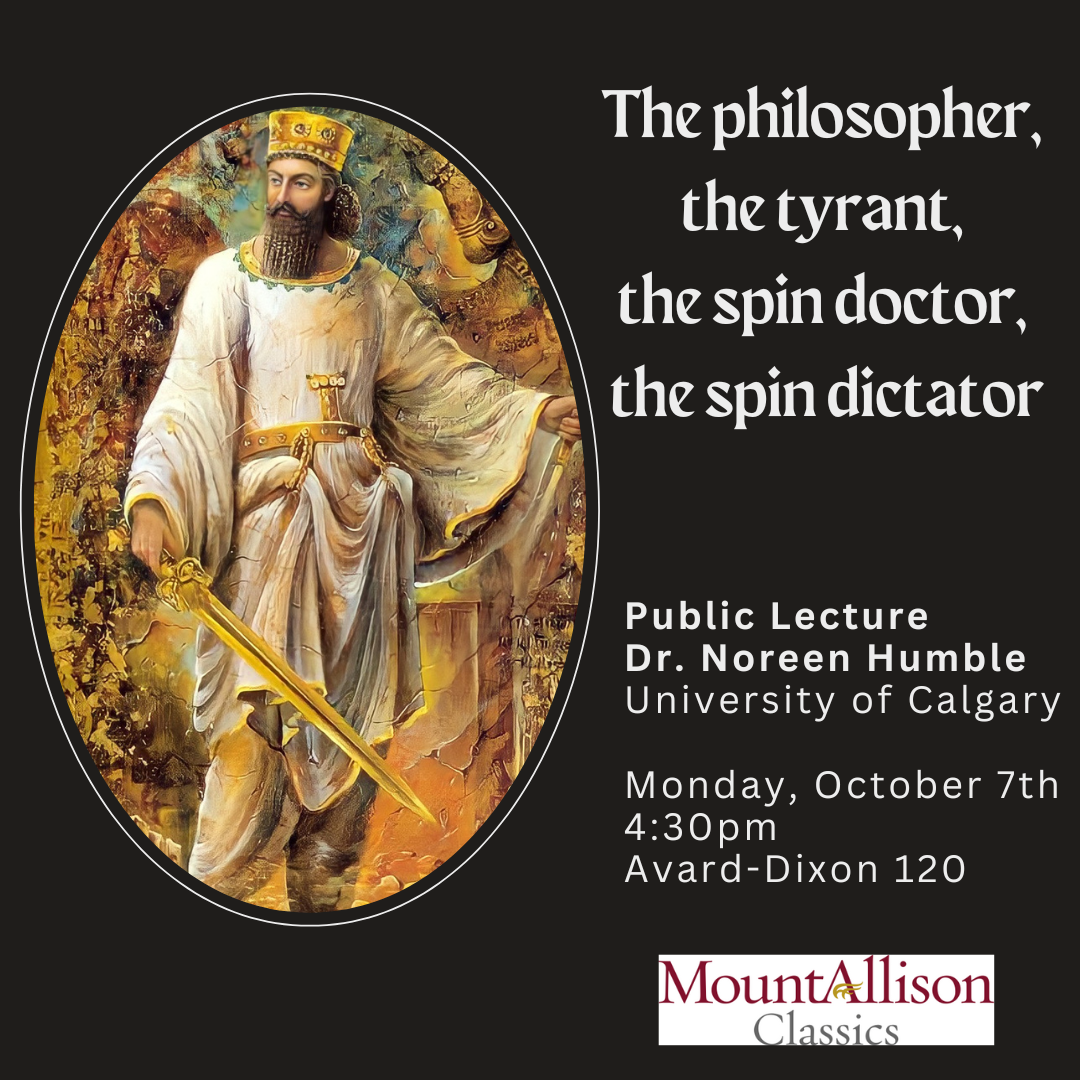
Public Lecture with Dr. Noreen Humble from the University of Calgary as part of the Atlantic Classical Association lecture tour.
Monday, October 7th
4:30pm
Avard-Dixon 120
“The philosopher, the tyrant, the spin doctor, the spin dictator”
In a recent book, Spin Dictators: The Changing Face of Tyranny in the 21st Century
(Princeton University Press, 2022), Sergei Guriev and Daniel Treisman argue that autocrats in the 21st century tend to employ more subtle tactics of repression when compared to the terror tactics employed by their predecessors in the 20th century. While never suggesting that hard lines can be drawn they nevertheless employ the useful terms 'spin dictators' and 'fear dictators' to categorise authoritarian leaders by the types of behaviours they employ at any given time. This modern framework for assessing the nature of authoritarian rule provides a stimulating paradigm for examining discussions of the same in the ancient world. This talk will show how it can help to illuminate Xenophon’s thoughts about authoritarian rule in his Hiero, which presents a fictional dialogue between a tyrant, Hiero I of Syracuse (who held power 478-467 BCE) and a poet, Simonides of Ceos, and in his Cyropaedia, ostensibly a biography of Cyrus, the first of a series of autocrats to rule the Persian Empire (from c. 600 to 580 BCE).
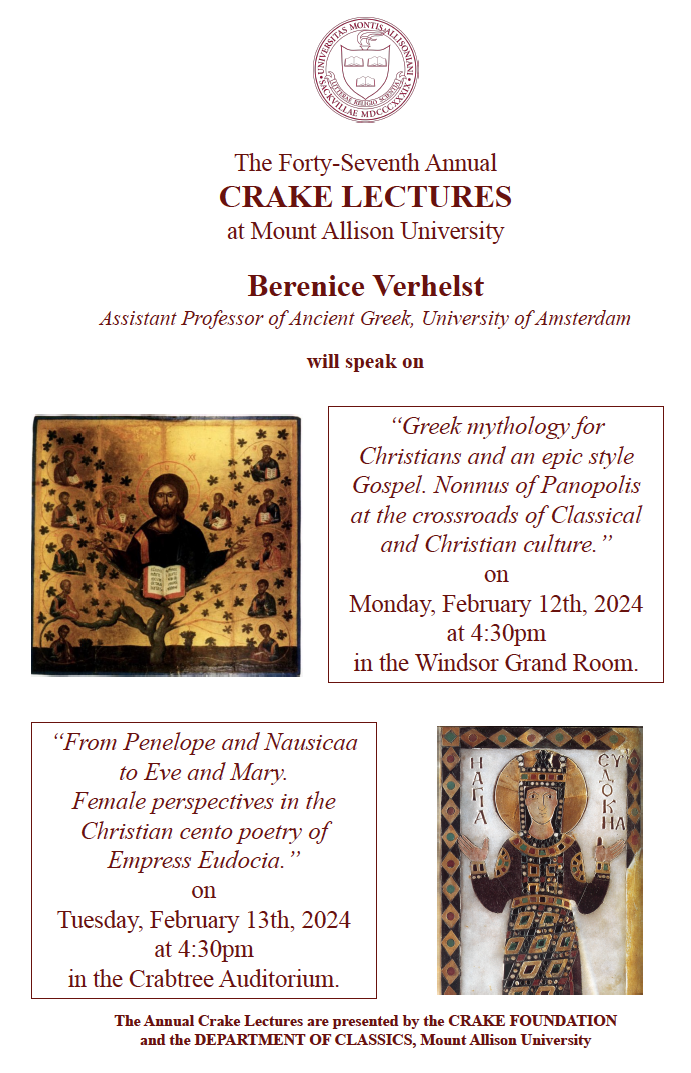
The Department of Classics is pleased to invite you to the 47th annual Crake Lectures on February 12th and 13th given by Dr. Berenice Verhelst from the University of Amsterdam.
Greek mythology for Christians and an epic style Gospel. Nonnus of Panopolis at the crossroads of Classical and Christian culture.
On Monday, February 12th at 4:30 pm in the Windsor Grand Room.
From Penelope and Nausicaa to Eve and Mary. Female perspectives in the Christian cento poetry of Empress Eudocia.
On Tuesday, February 13th at 4:30pm in the Crabtree Auditorium.
Berenice Verhelst is assistant professor of Ancient Greek at the University of Amsterdam. She was trained (MA 2009, PhD 2014) at the University of Ghent, where she was also active from 2015 to 2021 as a postdoctoral research fellow of the Research Foundation Flanders (FWO Vlaanderen).
Dr. Battiloro speaks at Museo Archeologico Nazionale della Siritide (Policoro MT)
On May 20, 2023, Dr. Battiloro gave a lecture at Museo Archeologico Nazionale della Siritide (Policoro MT) in Italy titled "Spazi del rito e offerte votive nei santuari della Lucania antica" (Ritual spaces and votive offering in the sanctuaries of ancient Lucania). Then her field school students participating in the Torre Mordillo Archaeological Project were given a guided tour of the museum by Director Carmelo Colelli.
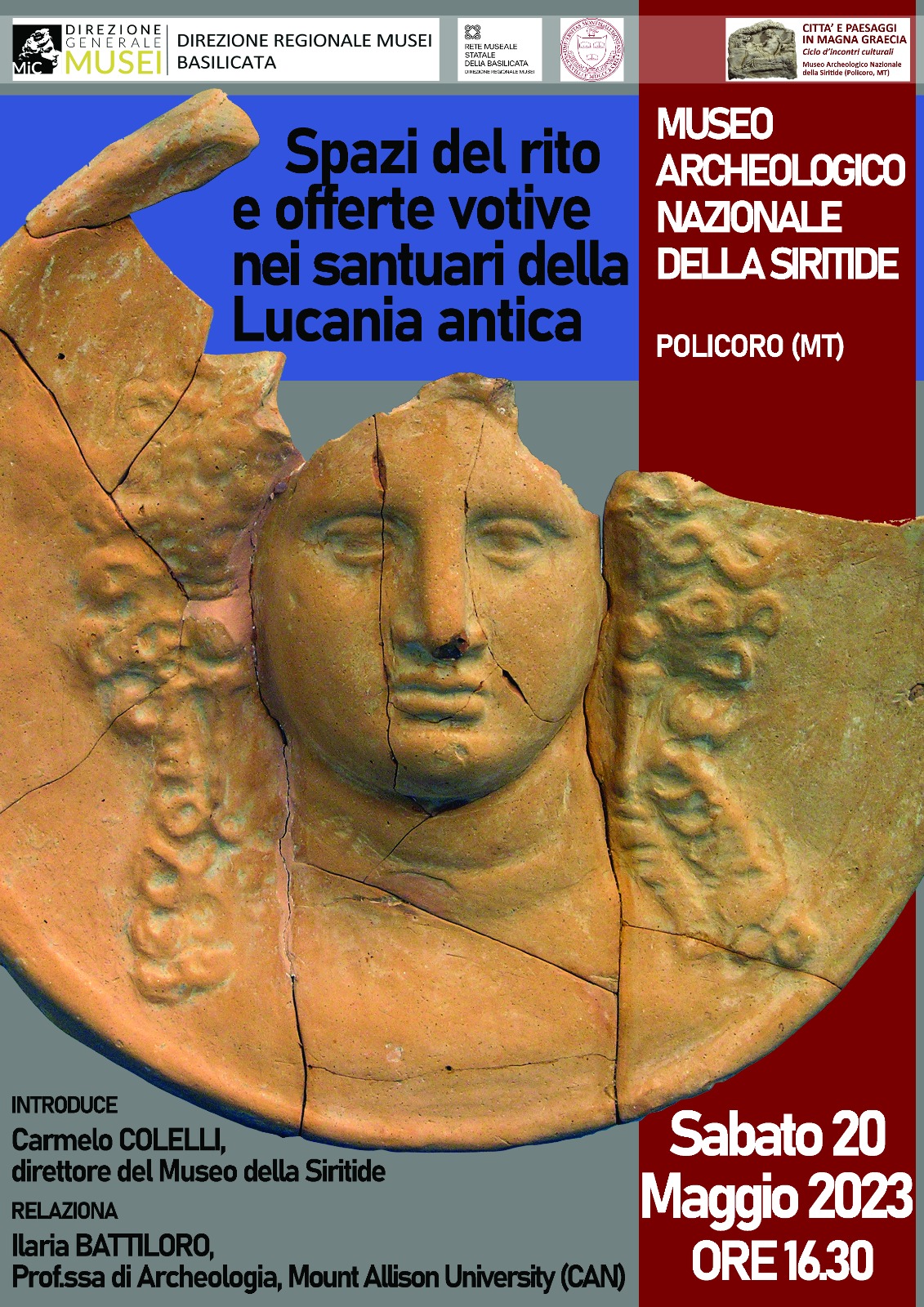
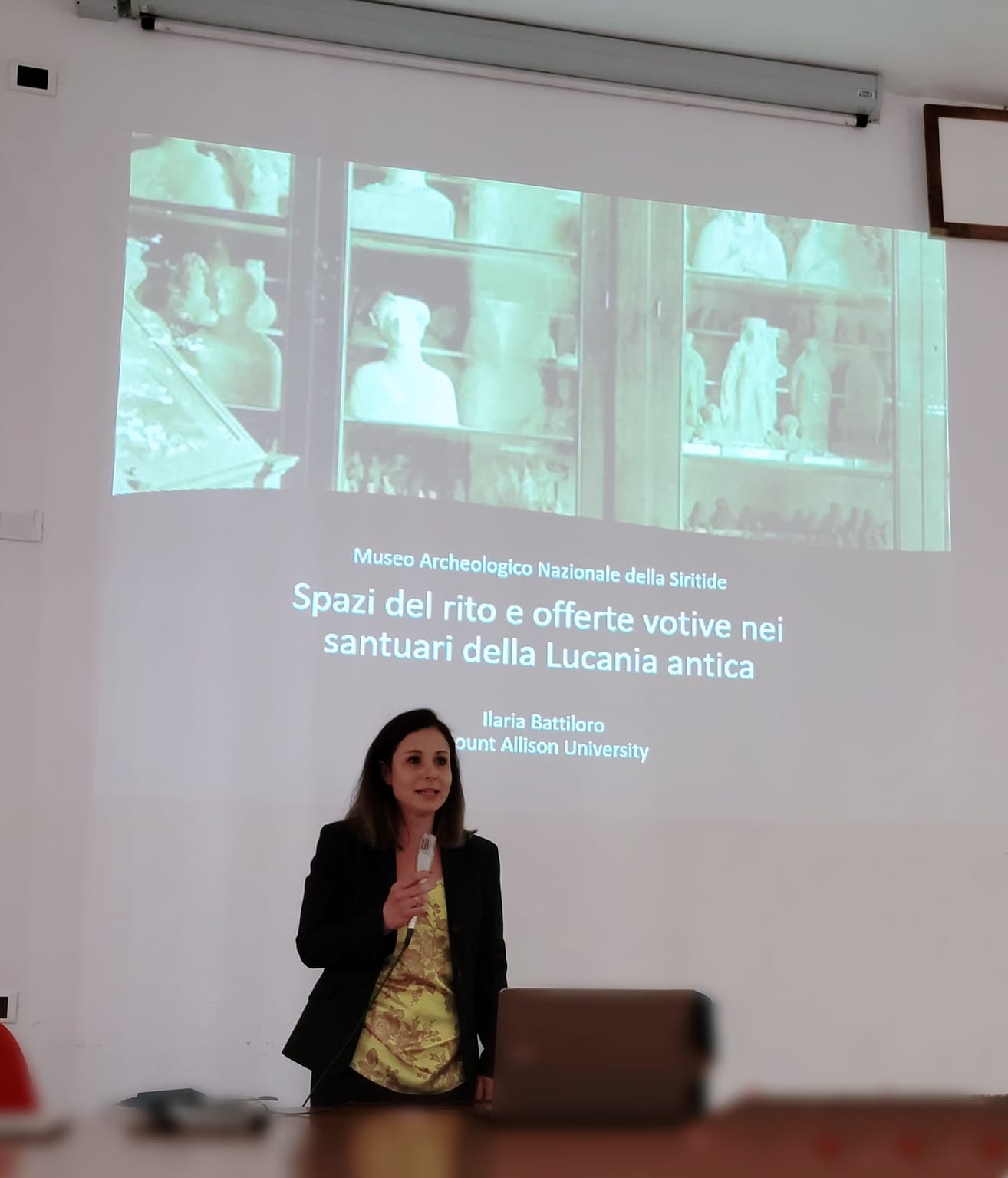
Boston Bus Trip
On March 17-20, 2023, Drs. Battiloro and Robertson took twenty students to Boston on a bus trip. They visited the Boston Museum of Fine Arts where they were able to experience its collection of Greek and Roman art—one of the finest and most comprehensive in the world. Many thanks to the JEA Crake Foundation, which made all this possible.
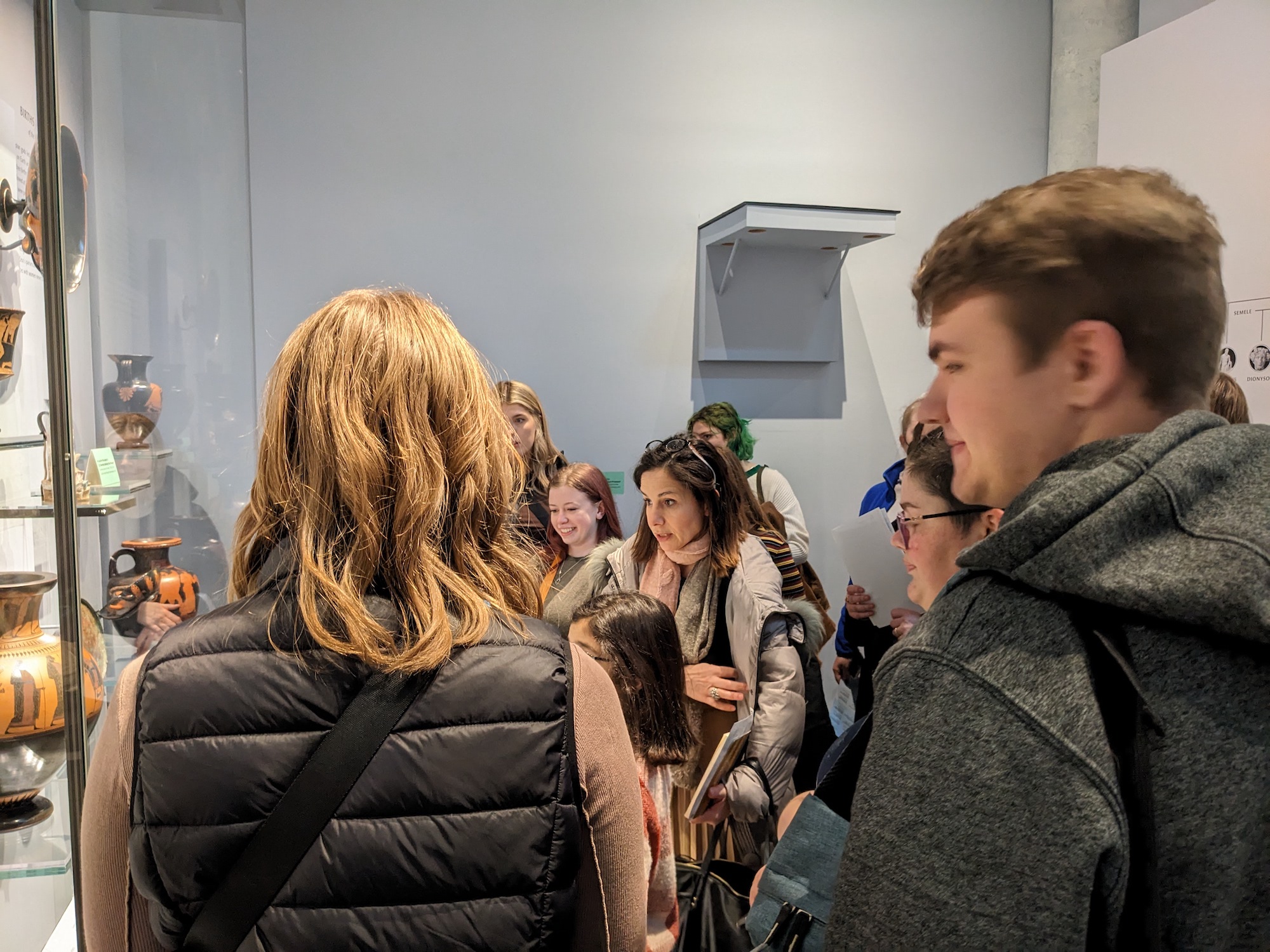
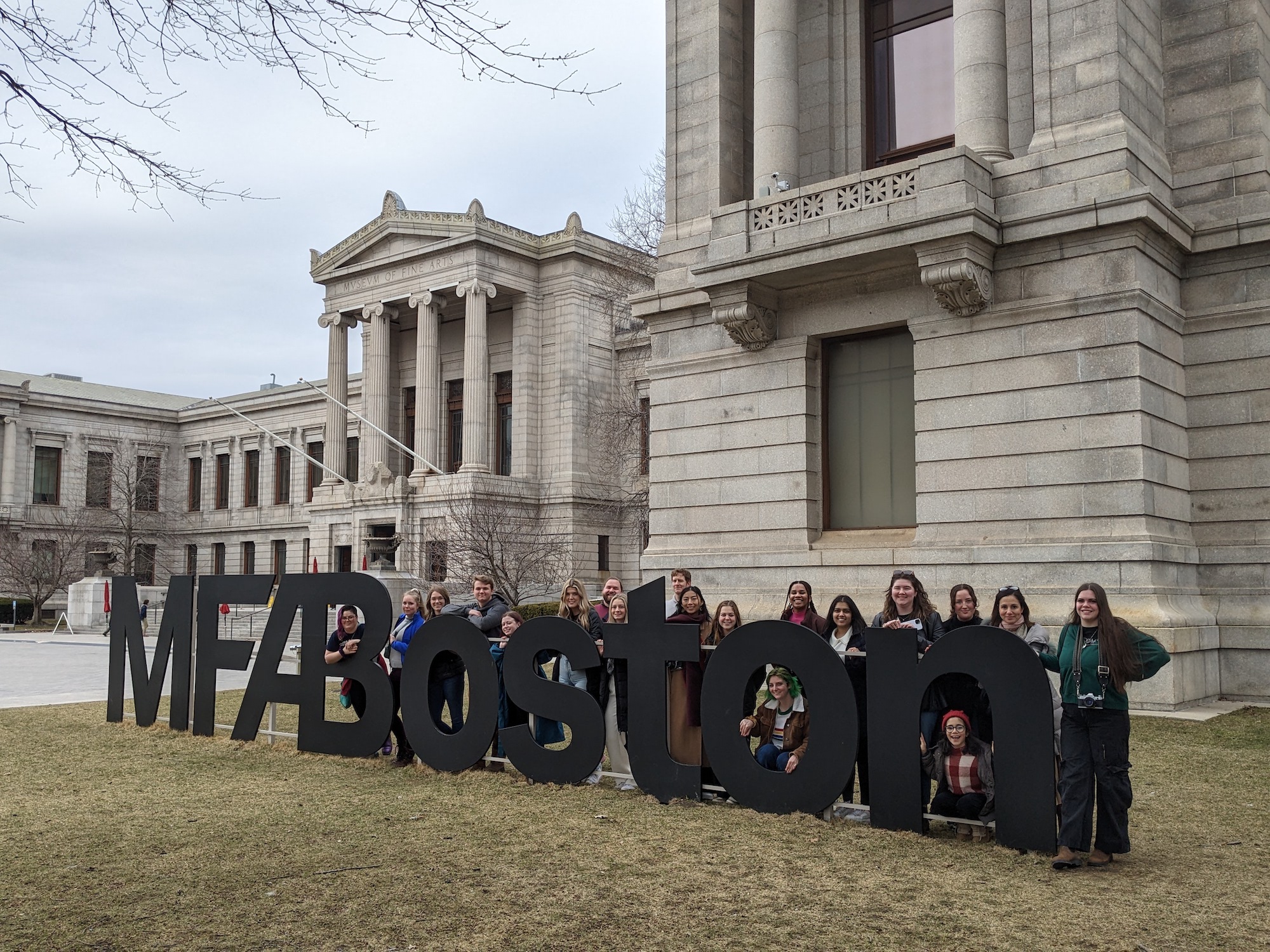
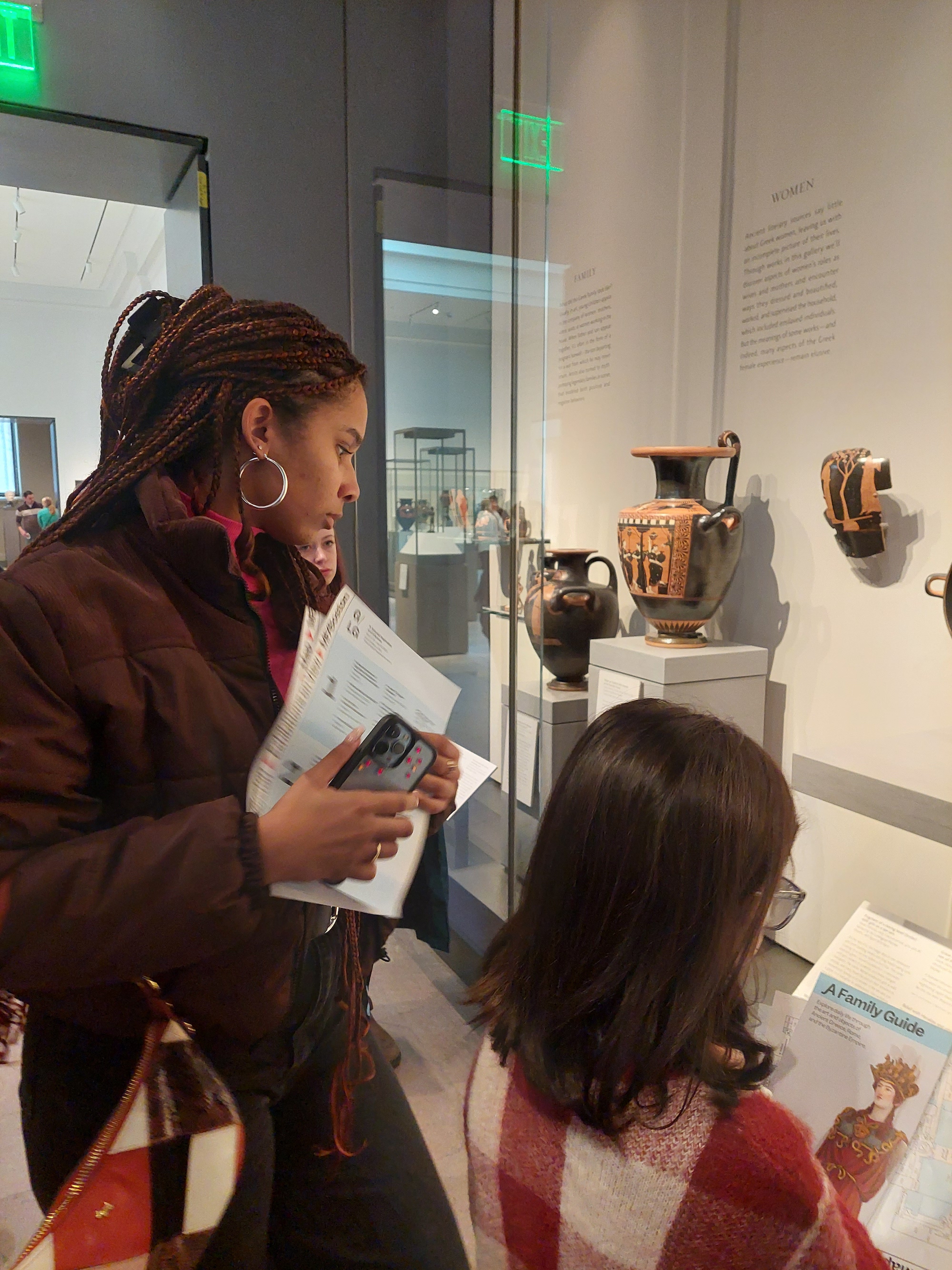
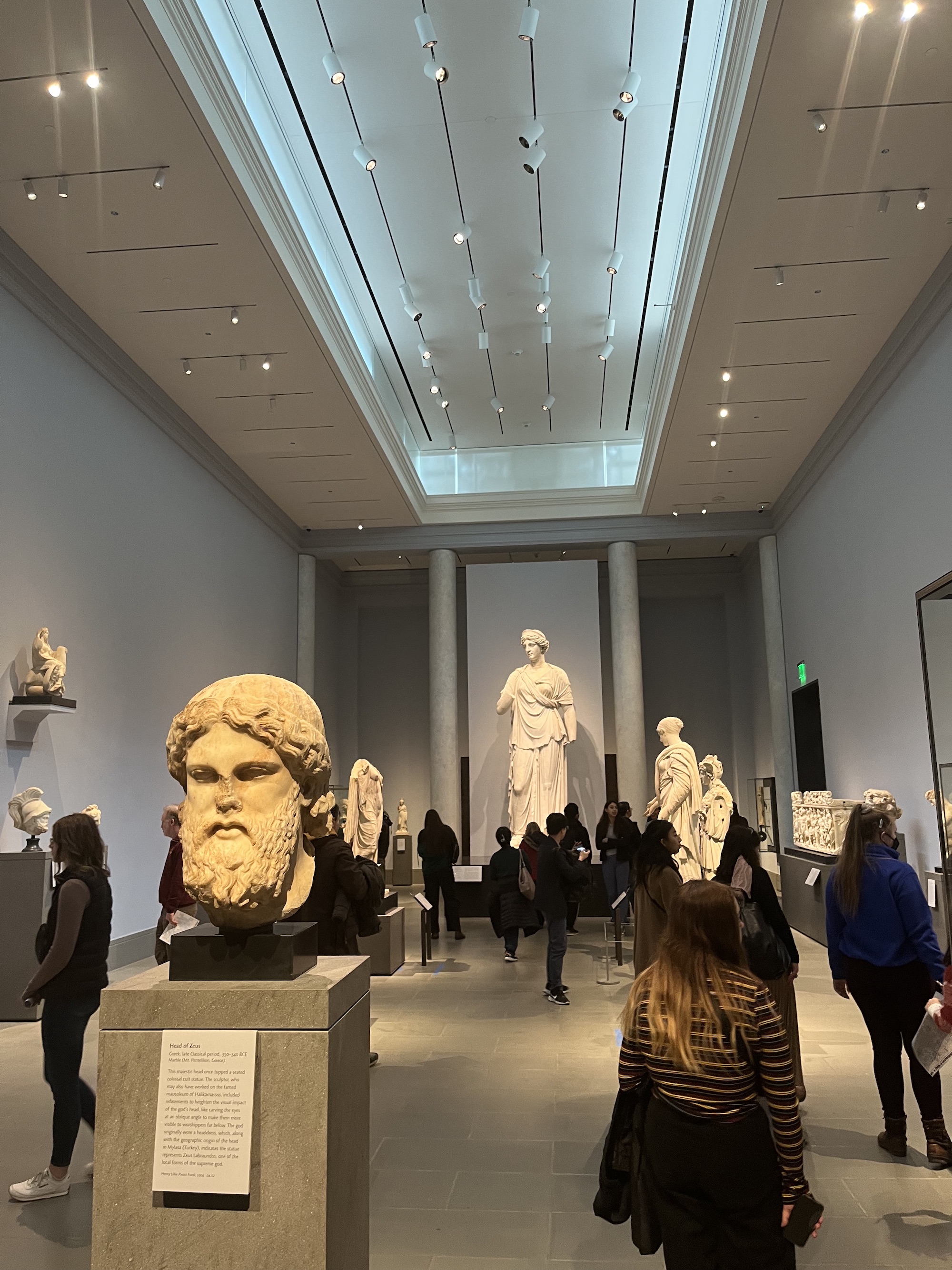
Dr. Battiloro spoke at the University of Missouri!
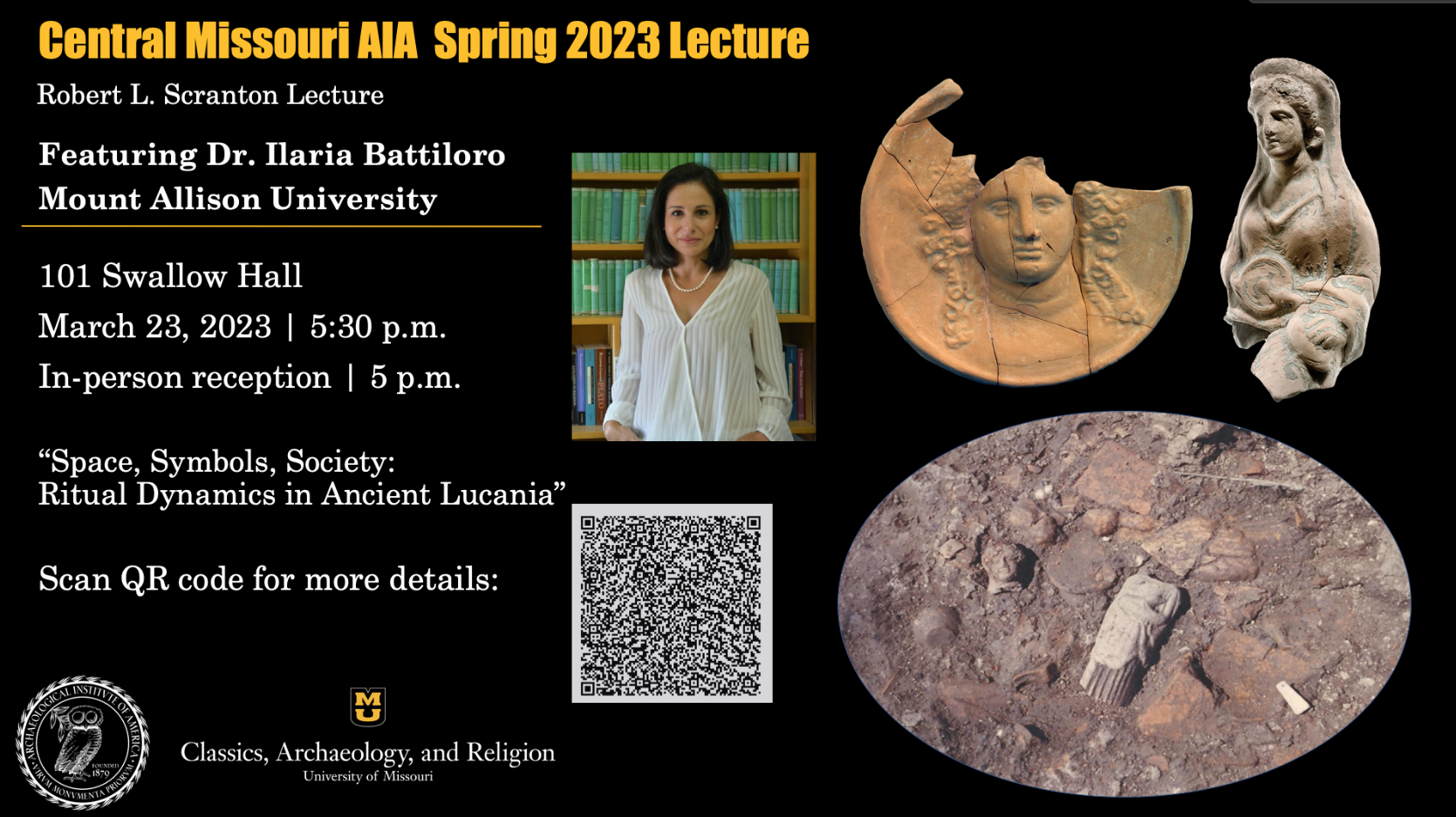
“Space, Symbols, Society: Ritual Dynamics in Ancient Lucania,” presented by Dr. Ilaria Battiloro (Associate Professor, Classics and Visual and Material Culture Studies departments at Mount Allison University).
Date: Thursday March 23rd, 2023
Time: 5:30 PM (CST)
Location: Swallow Hall 101
Learn about our new field school with Dr. Battiloro in Italy!
The Torre Mordillo Archaeological Project
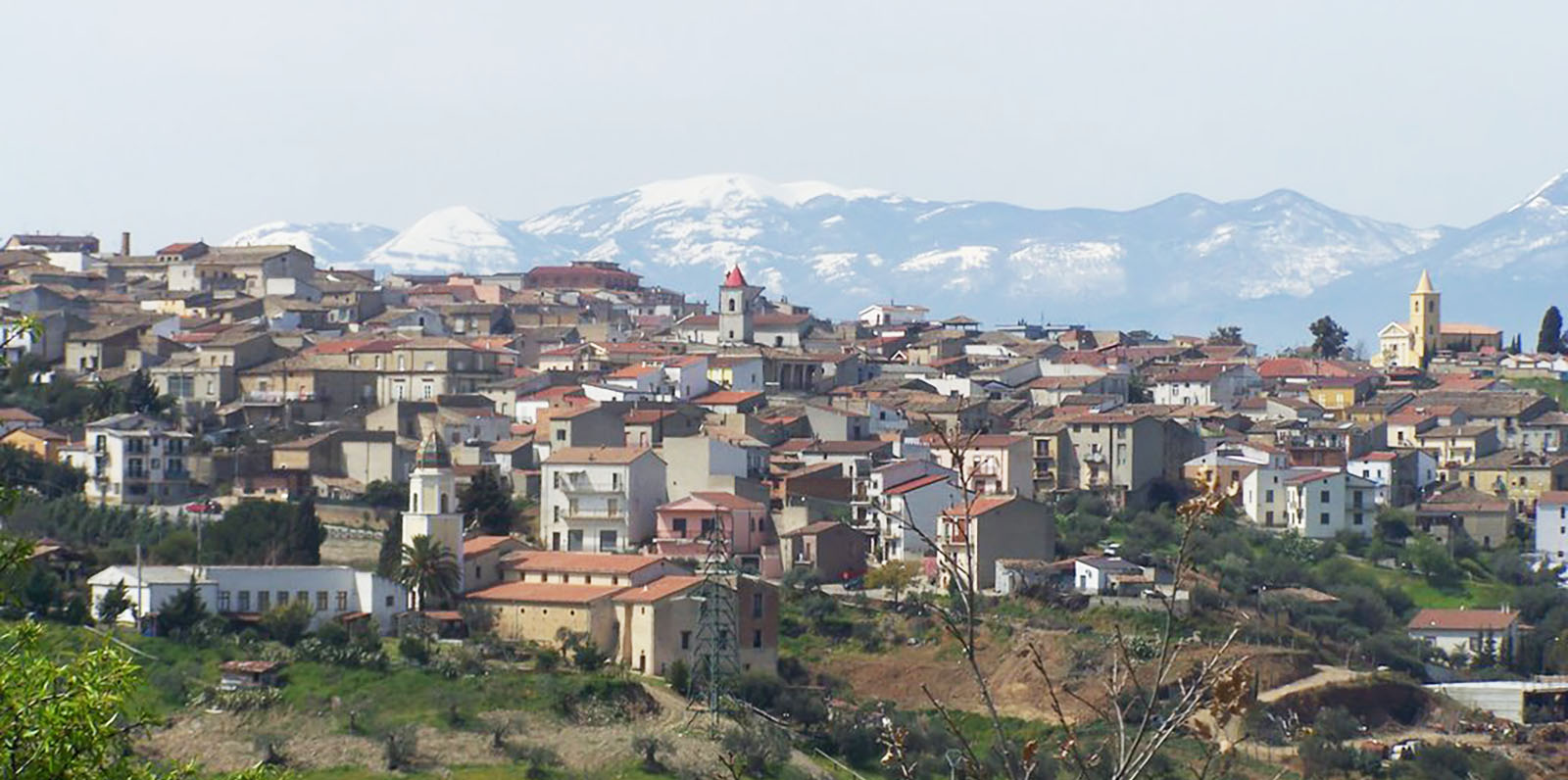
Dr. Battiloro honoured with a Paul Paré Excellence Award for 2022!
Six Mount Allison University professors have been named the 2022 recipients of the Paul Paré Excellence Awards, recognizing their contributions in research, scholarship, and creative activities.
The 2022 recipients are:
• Dr. Susan Andrews (Religious Studies)
• Dr. Ilaria Battiloro (Classics)
• Dr. David Hornidge (Physics)
• Dr. David Lieske (Geography and Environment)
• Dr. Catherine Lovekin (Physics)
• Dr. Linda Pearse (Music)
Read more about this year's recipients here.
News
Contact us
Department of Classics
classics@mta.ca
Tel: (506) 364-2556
Fax: (506) 364-2645
Location
Hart Hall 414
63D York St. Sackville, NB



